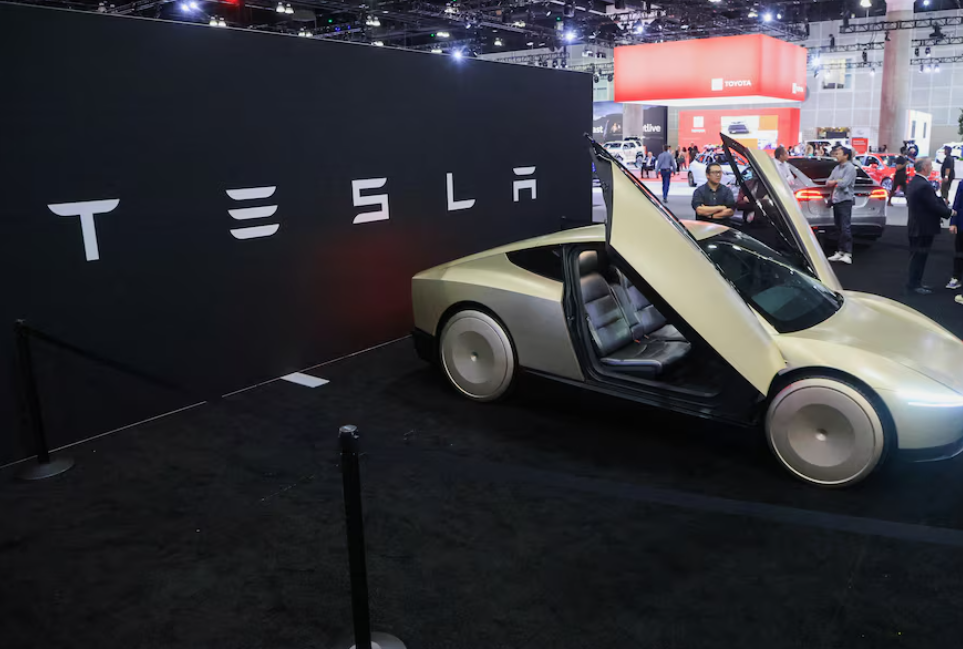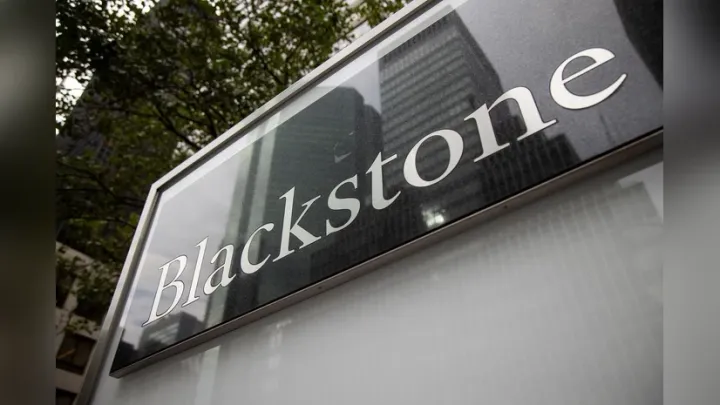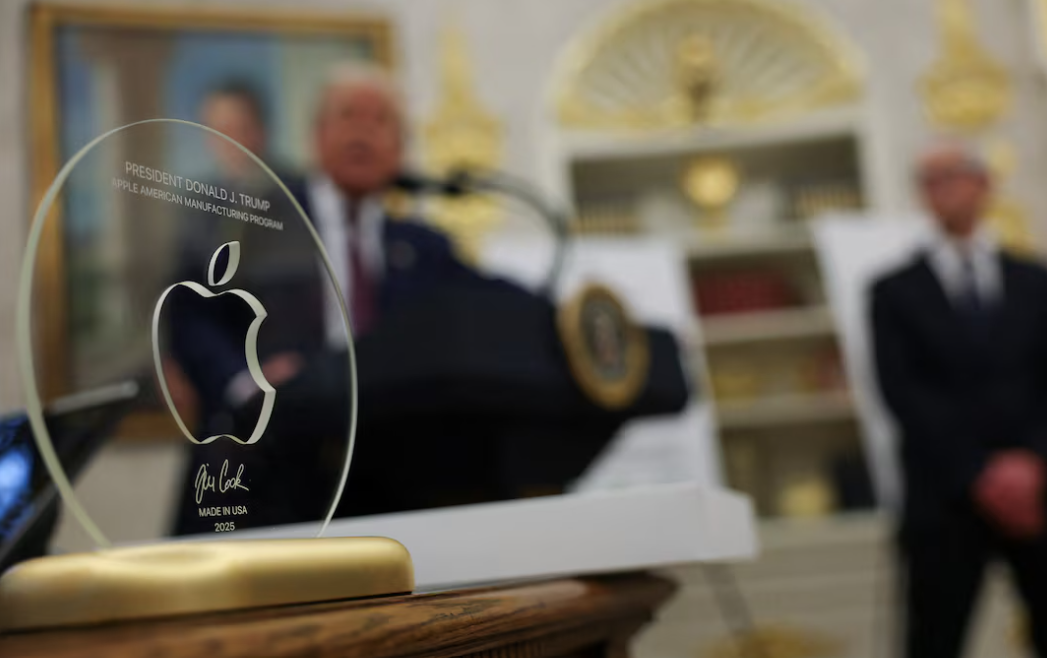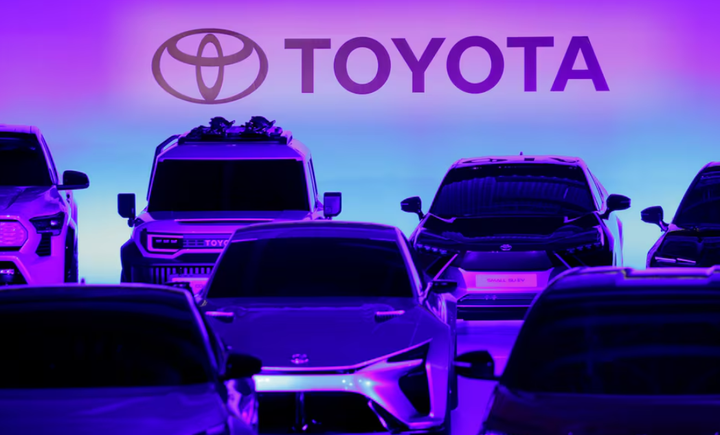Tesla, Samsung Ink $16.5 Billion AI Chip Supply Agreement: What It Says About Industry

In a breakthrough for the world semiconductor and electric vehicle sectors, Elon Musk has affirmed that Tesla signed a $16.5 billion chip supply agreement with Samsung Electronics. This huge deal represents a turning point for Samsung's underperforming foundry division and may reconfigure the competitive landscape of the AI chip market.
Musk Confirms Strategic Partnership
Elon Musk posted on X that Samsung's latest chip making plant in Taylor, Texas, will make Tesla's next-gen AI6 chips. The chips will be crucial to the future of Tesla in autonomous driving and AI-driven vehicle systems.
"Samsung consented to let Tesla help optimize manufacturing efficiency. This is a significant point, as I will personally walk the line to speed up progress," Musk wrote. He also intimated that the $16.5 billion output estimate is a bare minimum and that actual production would be "several times greater."
The factory's proximity—not too distant from Musk's Texas home—could also simplify coordination and development. Tesla is already utilizing Samsung's AI4 chips for its Full Self-Driving system, while AI5 production is being done by TSMC. The AI6 chips represent the next leap for Tesla in pursuit of autonomous supremacy.
Big Win for Samsung Amid Foundry Struggles
Shares in Samsung surged close to 7% following confirmation of the Tesla deal by Musk, a signal of investor confidence. The firm has in recent years fought hard to keep pace with Taiwan Semiconductor Manufacturing Company (TSMC), which leads 67% of the world foundry market against Samsung's 8%.
Samsung’s Taylor, Texas, plant had faced delays and lacked major customers—until now. The Tesla deal breathes new life into the site, which had postponed the installation of chipmaking equipment due to a lack of demand. Now, with operations projected to begin around 2026–2027, the fab’s future looks significantly brighter.
Experts are of the view that the tie-up is significant. "Samsung's foundry losses were more than 5 trillion won ($3.6 billion) in the first half of this year. This deal with Tesla can reverse that," wrote Pak Yuak of Kiwoom Securities.
The Bigger Picture: AI and Trade Implications
The Tesla-Samsung deal comes as South Korea ramps up efforts to obtain technology-related trade agreements with the U.S., especially in semiconductor and shipbuilding industries. It's unclear whether the Tesla deal is directly related to larger trade negotiations, but it reinforces the two countries' bilateral ties in the tech sector.
Samsung is also under pressure to stay in the game of the AI chip race, having lost customers to more sophisticated rivals like TSMC and SK Hynix. The Tesla deal may make Samsung a more formidable player in the AI future of mobility.
FAQ: What You Need to Know
What is the AI6 chip exactly, and why is it significant for Tesla?
The AI6 chip is Tesla's next-generation custom processor that will drive its next-generation Full Self-Driving (FSD) features and AI models. It is an advancement over the existing AI4 and future AI5 chips and is pivotal for Tesla's strategy to conquer autonomous driving.
Why did Tesla opt for Samsung and not TSMC for the AI6 chip?
Though TSMC is still Tesla's collaborator for the AI5 chip, Samsung's Texas presence, willingness to cooperate on efficiency, and necessity for high-profile clients could have turned it into a strategic decision. The alliance also allows Tesla more control of the manufacturing process.
When will the AI6 chip enter production?
While no official timeline was given, experts speculate that production would begin around 2027 or 2028, following Tesla's previous chip manufacturing schedules. However, Tesla has been known to miss deadlines, so this might change.
What does this deal mean for Samsung's place in the chip market?
This agreement is a welcome boost for Samsung's foundry division, which has been falling behind TSMC. Having a long-term customer such as Tesla may enable Samsung to regain trust and even sign up additional clients.
Will this influence the price or availability of Tesla vehicles?
Not in the short run. But the partnership has the potential to speed the deployment of sophisticated self-driving technology and reduce long-term expenses through localized manufacturing—possibly to the benefit of Tesla consumers in the future.
As the AI race heats up and global trade tensions loom, this Tesla-Samsung deal is more than just a business agreement—it’s a strategic move that could shape the future of mobility, manufacturing, and tech alliances.



